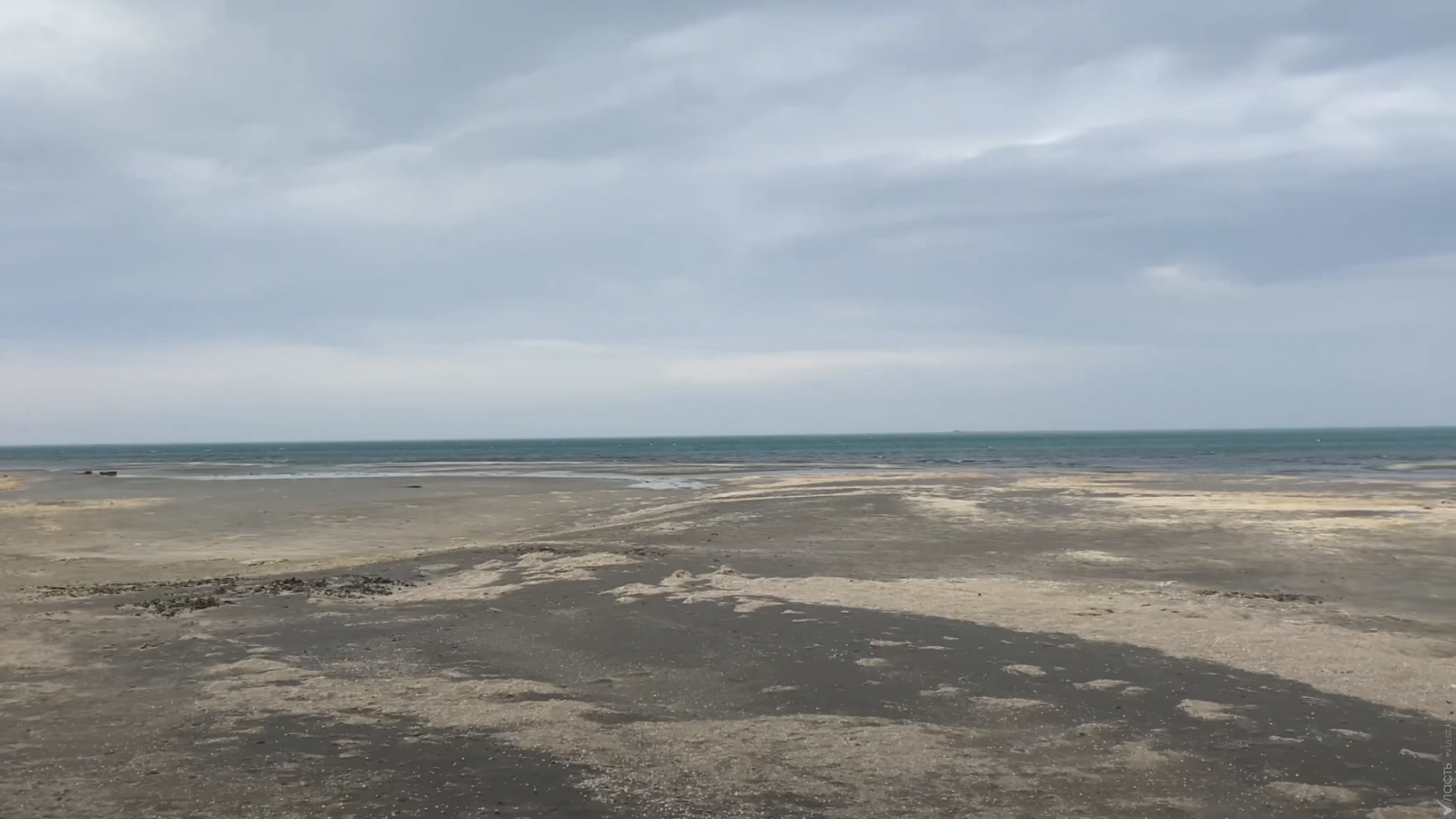On February 21, the management of West Oil Software, an oilfield service company based in the western Mangistau region, threatened its striking workers with layoffs if they do not return to work by February 24. Hundreds of workers have been on strike for more than 70 days, demanding that the company be integrated in the ranks of Kazmunaigas, the national oil and gas company, which offers better salaries and conditions. Kazmunaigas also told West Oil Software workers to go back to work. The striking workers said they would not back down until their demands are met.
A joint investigation by OCCRP, Buro Media, and Verstka found that sanctioned high-tech goods from Europe have continued to reach Russia, despite sanctions, via companies registered in Kazakhstan, using storage facilities in Belarus. The investigation, in which Vlast also participated, was published on February 21. It highlighted that lax controls within the Eurasian Economic Union (the trade bloc of which Russia, Belarus, and Kazakhstan are part) have allowed dual-use items to reach Russia, and potentially aid its war efforts in Ukraine.
A massive data leak from a database of a Chinese company on February 16 potentially contained personal data of millions of Kazakhstan residents. The leaked data was posted at the coding platform GitHub. A Chinese hacker collective is said to have held control over massive IT infrastructure nodes in Kazakhstan. The ministry of digital development and the National Security Committee said they opened a joint investigation.
Polymetal International, a gold mining group listed in Moscow and Astana, said it intends to sell its Russian assets on February 19. According to the deal, valued at $3.69 billion, Russian company Mangazeya Plus will shoulder Polymetal’s Russian assets’ debt and tax burden. Polymetal is expected to earn a net cash inflow of $300 million from the deal. On February 22, the Moscow Stock Exchange downgraded Polymetal’s listing from “grade 1” to “grade 3” in light of the company’s divestment. Last year, Polymetal moved its headquarters from Jersey to Kazakhstan and de-listed from the London Stock Exchange.
Kazakhstan’s Central Bank reduced for the fifth consecutive time the base interest rate on February 23. The new rate, 14.75%, is 50 basis points lower than the previous and 200 basis points lower than the rate last year. A slower inflation contributed to the decision, the regulator said.
The 200-day leak caused by an exploration accident at a gas field in the western Mangistau region led to a concentration of methane in the atmosphere 480 times higher than the accepted limit, an inspection found on February 19. The gas leak, which occurred after the June 9 accident at Karaturun last year, was visible from space. It took more than six months for emergency workers to seal the drilling site. Local inspectors are proposing a fine of 350 million tenge ($775,000) against Buzachi Neft, the company responsible for the field.
The government program of voluntary resettlement started in 2017 has largely failed, Senate speaker Maulen Ashimbayev said on February 20. The program is aimed to foster demographic growth in the northern regions of the country. Ashimbayev said a new law on internal migration should include better incentives to increase labor mobility.
Kenderli, a 3.4 hectares area along the Caspian coast in Mangistau, was sold illegally in 2007, the regional prosecutor’s office said on February 19. The area hosts a resort previously designated for oil workers. In 2007, Mangistaumunaigas, then majority-owned by companies affiliated with oligarch Rashit Sarsenov, first bought and then sold the land to Helios, a petroleum retail chain also owned by Sarsenov. The prosecutor now says the land could not have been sold in the first place because of coding restrictions.
Поддержите журналистику, которой доверяют.








